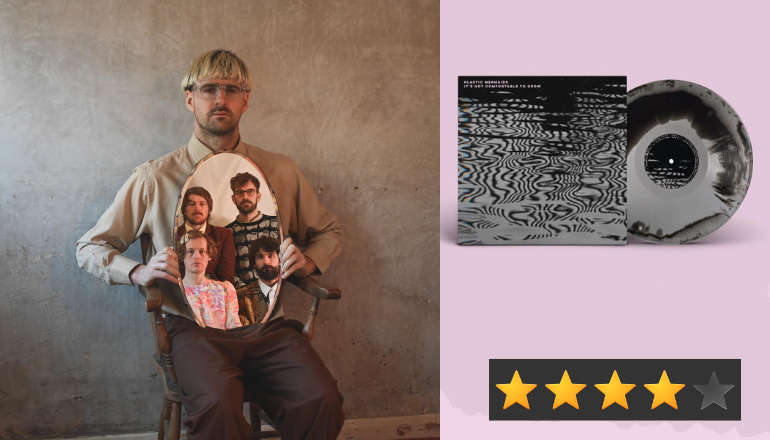
Wet Leg and Lauran Hibberd aren't the only Isle of Wight musicians making national waves with album releases this year.
Five-piece self-starters Plastic Mermaids' It's Not Comfortable To Grow feels like a seminal moment in the group's development, after more than ten years of paying dues.
The follicaly-blessed quintet has been steadily building momentum since 2012, with bucket list entries habitually ticked off as each landmark is conquered.
A well-received summer Glastonbury Festival debut served to increase the boys' burgeoning fanbase, while a five-star review from The Independent newspaper is writ large among recent profusions of praise.
Getting underway courtesy of its pulsating title-tune, the 12-track release kicks off with an immediate dusting of intimacy as entrail quaking husky percussion plunges unashamedly in conjunction with haunting vocals.
Girl Boy Girl is another irksomely catchy cut, dropping quirky 1980s synth amid customary tempo shifts and eclectic instrumental tapestries.
Among heartfelt musings is the line: "All those things you said in your sister's bedroom are pinned to the walls inside my head", a torturous pang amidst an album long arc of unrequited love.
Sticking with the theme ── albeit with progressively anarchic undertones ── Disposable Love proposes hedonistic union to a prospective lover, utilising muffled vocals to symbolise the hazy nature of the invitation.
By design it isn't as lucid as the opening tracks, but shares the same indentation, channelled through the stirring tones of frontman Doug Richards.
It's Pretty Bad is a hooky, sultry slice of yearning, which bursts into life through lingering keys and a plaintive, abstract layout.

It lays the groundwork for the central phase of the album: a turbulent window into the fluctuating ardour of wounds inflicted through bygone passion.
There is so much more to this ethereal album than mere heartache though.
Environmental is a comforting throwback to the Casio VL-Tone 1 keyboards of yore, with its cascading structure and atmospheric harmonies.
Disco Wings combines a gorgeous melody with the usual maelstrom of activity behind the scenes ── a defiant call to arms in the face of rejection.
There are potential Easter eggs too ── did my ears sense a fleeting nod towards Sonic the Hedgehog 2's Casino Zone stage? ── With this band you're never quite sure from whence inspiration has been plucked.
One of the absolute joys of the album, Something Better, has a delectable opening sequence and heart-wrenchingly raw narrative.
"I hate my best friend and my best friend hates me..." It makes for emotive listening.
Epsom Salts recounts the limbo of administering the last rites for a relationship where the loss may be greater than the numbness of turning a blind eye to repetitious routine.
With suffering psych-pop bangers aplenty, it's perhaps fitting the album should conclude on a more optimistic note.
It does so with the sanguine Elastic Time, which provides an anthemic, bright-eyed window into Richards' psyche, underpinned by a cacophony of sentimental strings.
It's music that tugs at your insides, but ultimately leaves a legacy of renewed vigour, as if this is a band shedding its old skin and publicly purging the chapters which have gone before.
They deserve to be more famous than they are, but you sense the Plastic Mermaids are content not having to sit on couches to discuss the meaning behind their band name or favourite type of soup (it's butternut squash by the way).
The final word
It's Not Comfortable to Grow is an exquisitely arranged and prolonged letter of love lost, gained and hastily reassembled.
The album is bookended by brilliance, which alongside its sensitive core equates to a tremendously edifying release.
⭐⭐⭐⭐

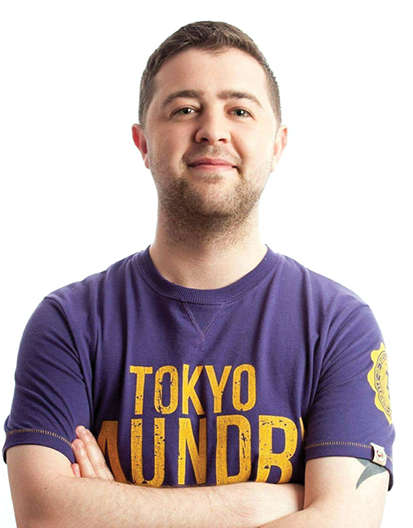
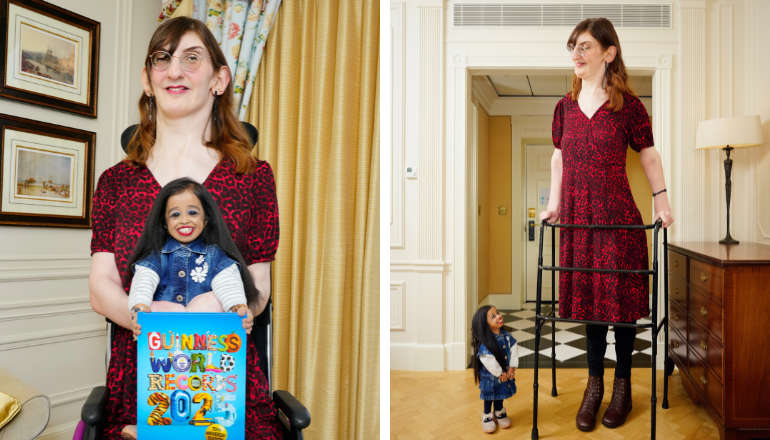 World's Tallest And Shortest Women Meet For First Time To Celebrate Guinness World Records Day 2024
World's Tallest And Shortest Women Meet For First Time To Celebrate Guinness World Records Day 2024
 Shannen Doherty: Beverly Hills, 90210 Star Dies Aged 53
Shannen Doherty: Beverly Hills, 90210 Star Dies Aged 53
 Olivia Dean, Chaka Khan, Terence Trent D’Arby And Dionne Warwick Confirmed For Star-Studded Love Supreme
Olivia Dean, Chaka Khan, Terence Trent D’Arby And Dionne Warwick Confirmed For Star-Studded Love Supreme
 Boom Shakes The Room — Explosion of Colour And Happy Vibes At Spellbinding Gathering
Boom Shakes The Room — Explosion of Colour And Happy Vibes At Spellbinding Gathering
 Struggling To Sleep? New Research Names The Movies That Will Help
Struggling To Sleep? New Research Names The Movies That Will Help



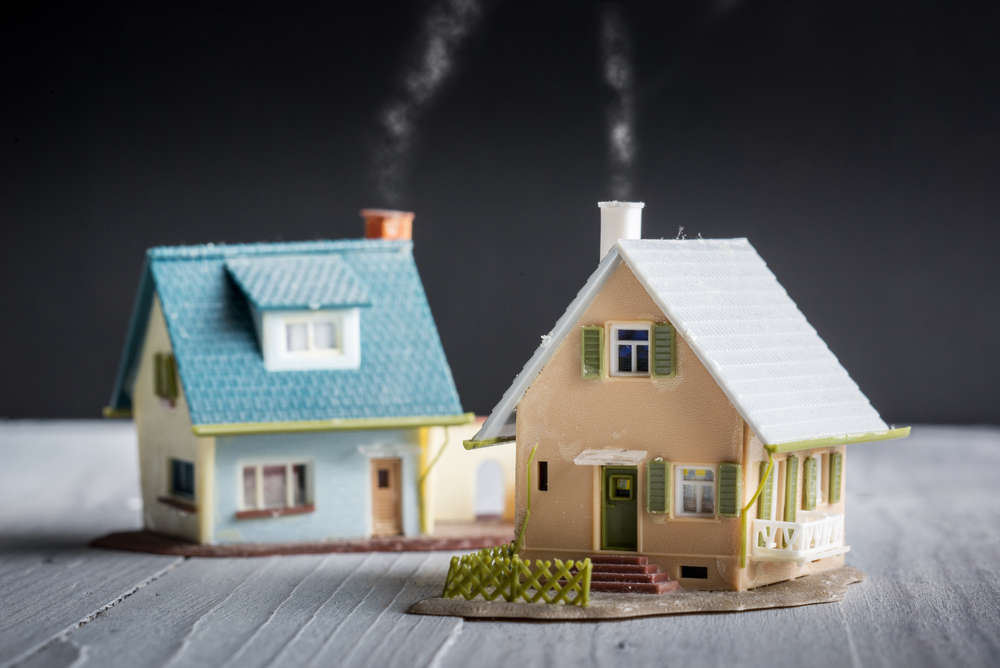 Introduction Of Second Homes Premium – What You Need To Know
Introduction Of Second Homes Premium – What You Need To Know
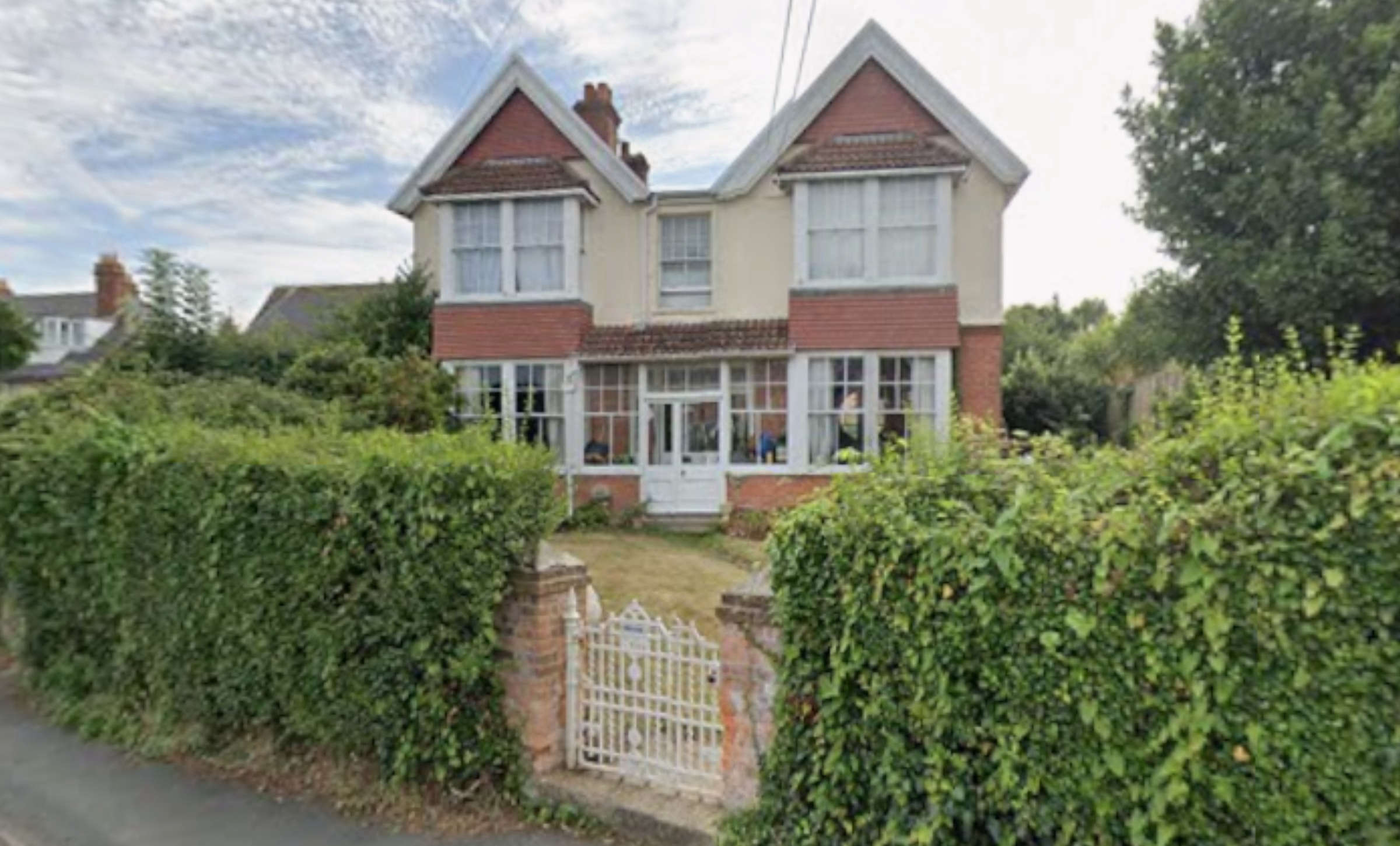 Large Villa-Style Property Could House Four New 'Starter Homes' In Totland
Large Villa-Style Property Could House Four New 'Starter Homes' In Totland
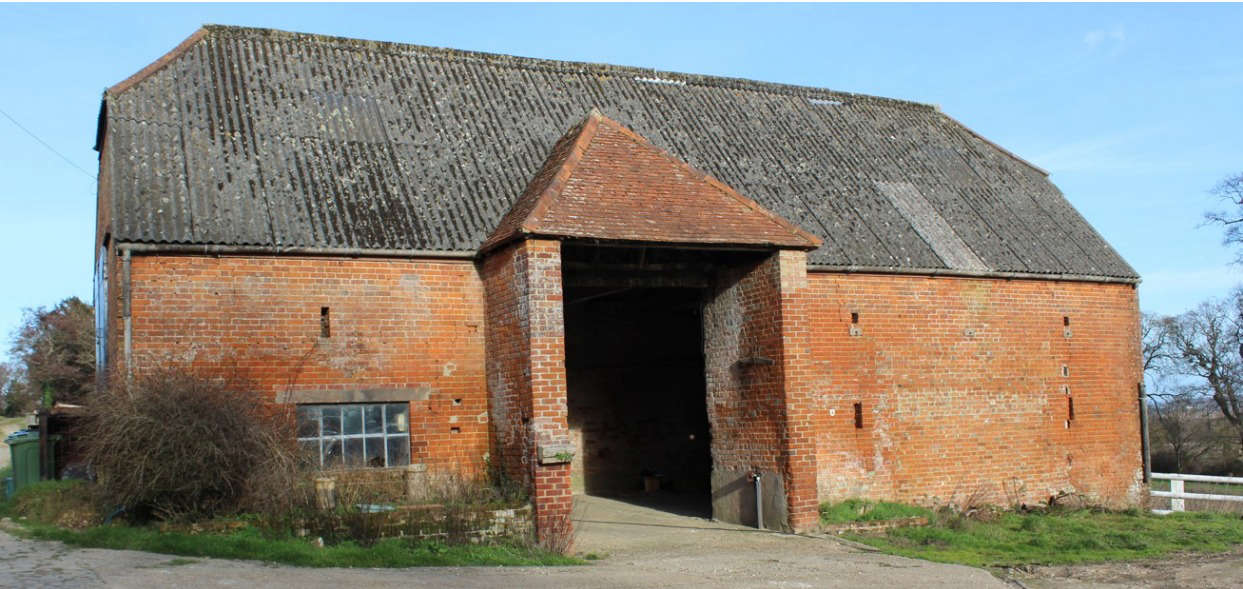 Dutch Braai Restaurant And Weddings Venue: New Plans Revealed For Disused Barns
Dutch Braai Restaurant And Weddings Venue: New Plans Revealed For Disused Barns
 Wave Of Acts Announced For Isle Of Wight Festival 2025
Wave Of Acts Announced For Isle Of Wight Festival 2025
Comments
Add a comment